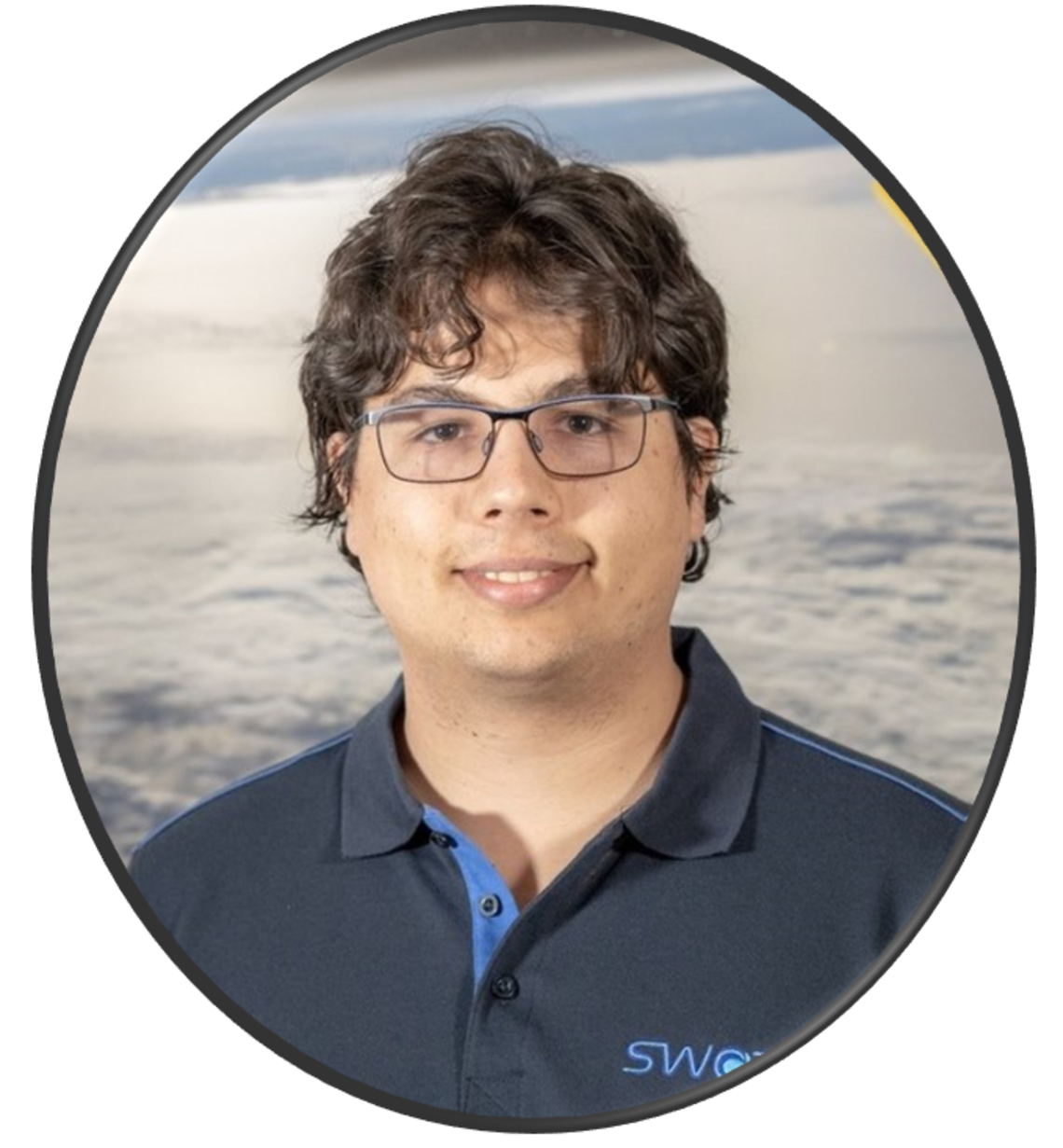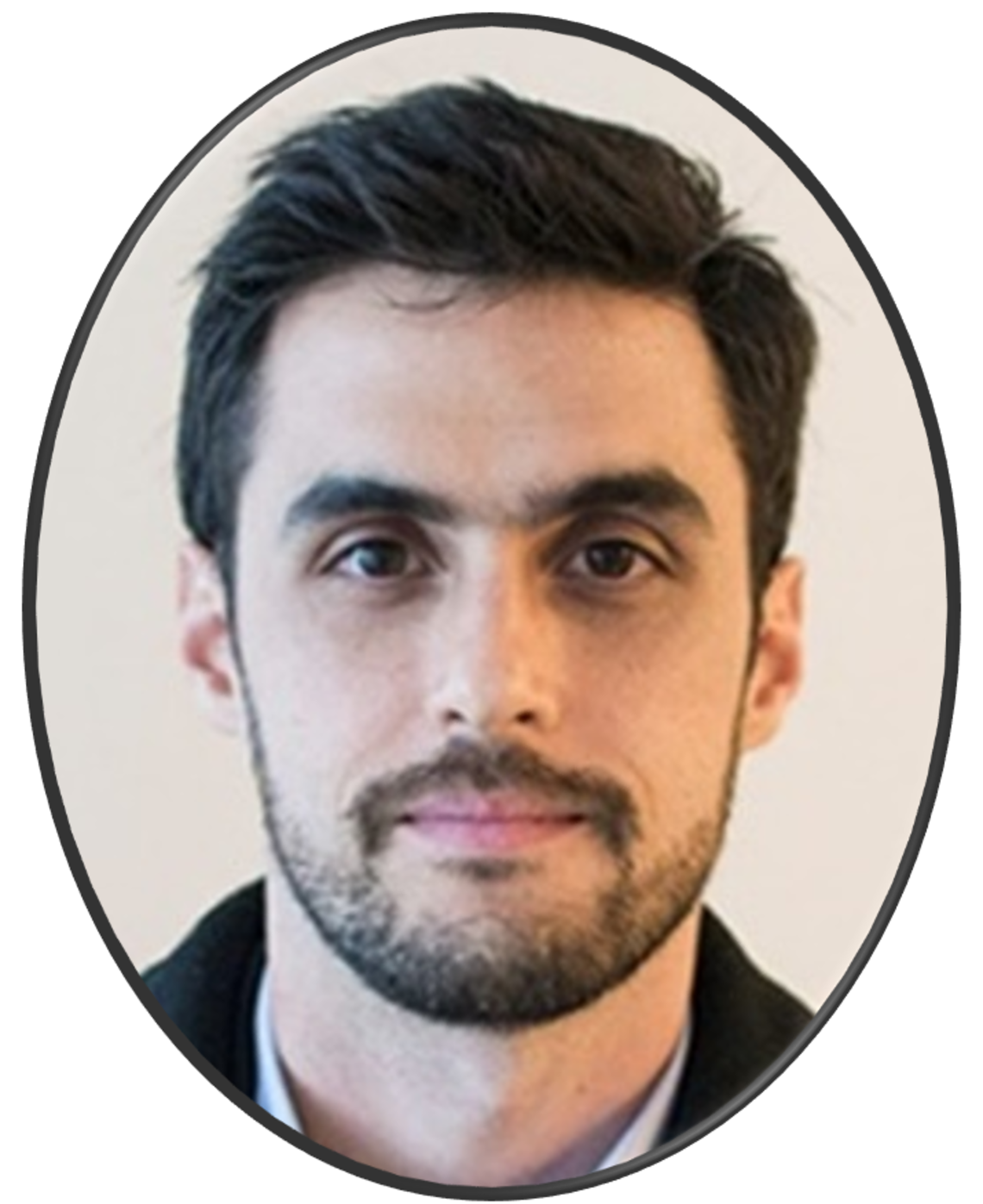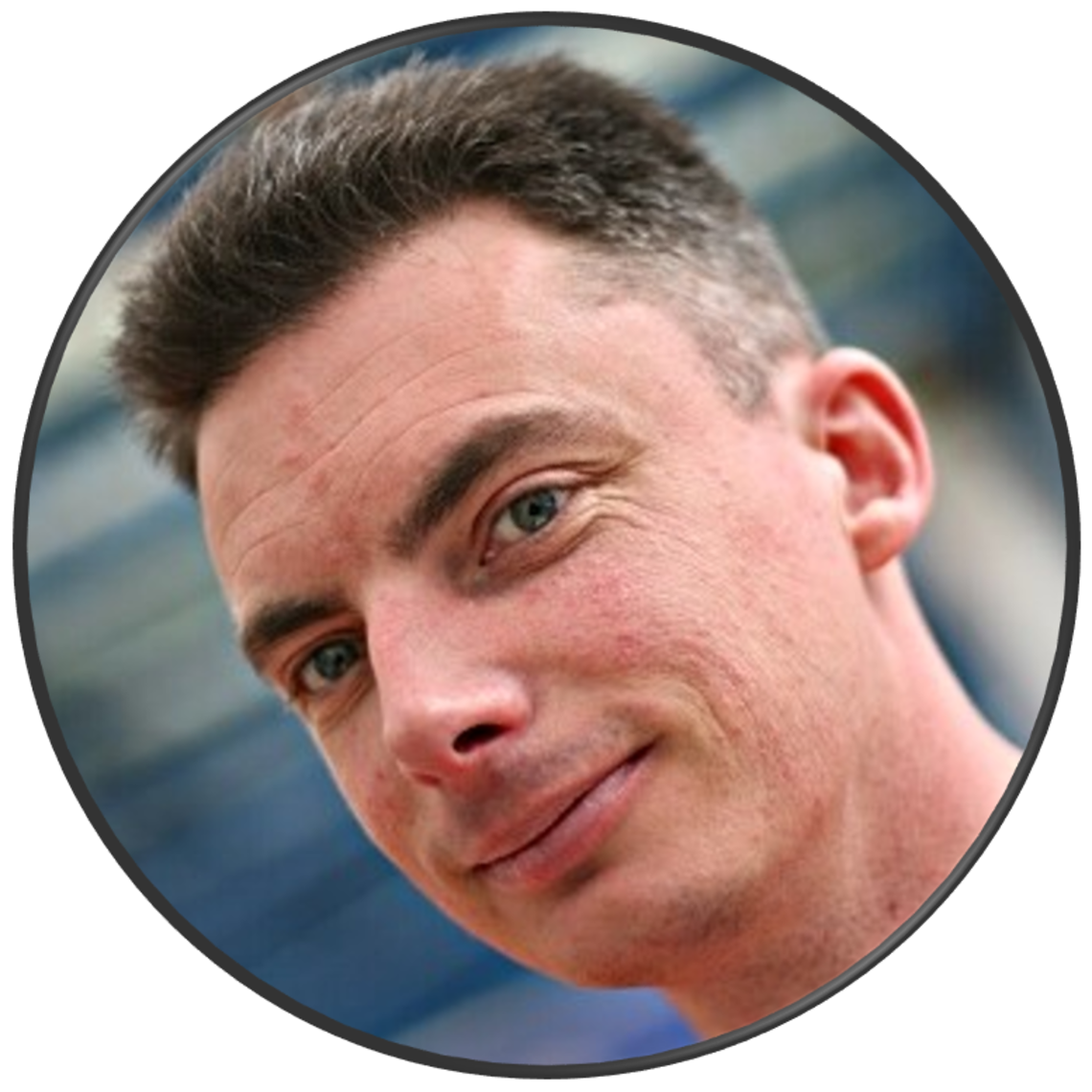2024 BIOEOS workshop
From January 23-25, 2024, BioEOS team organises a workshop that aim to bring together a multidisciplinary national and international attendee with expertise in remote sensing, artificial intelligence, ecology, field observations, and modelling, along with conservation managers.
The main objectives are:
(i) To gather information on the needs of managers in terms of coastal biodiversity knowledge (required data, availability, uses, update frequency, etc.) needed as input for their various governance tools.
(ii) To identify key biodiversity indicators and to categorize them based on the ability to extract required information for their estimation from imagery.
The full program is available here:
Invited speakers
Nicolas Gasnier (CNES)
He is graduated in electrical engineering from École Normale Supérieure de Cachan, and received the M.Sc. degree in computer science and image processing from Sorbonne Université in 2018. He received a Ph.D. degree in signal, images, automatics, and robotics from Télécom Paris, Institut Polytechnique de Paris in 2022. Since 2022, he has been with the Data Campus of the Centre National d'Etudes Spatiales, France where he is currently managing R&D projects in Earth observation data processing. His research interests include applied mathematics, data hybridization, SAR image processing, and remote sensing applied to hydrology.
Joana Soares
(AIR Centre)
She is the Executive Secretary of the Marine Biodiversity Observation Network (MBON) of the Group on Earth Observations Biodiversity Observation Network (GEO BON) and a Project Officer at the Earth Observation Laboratory of the Atlantic International Research Centre (AIR Centre). She has graduated in Aquatic Sciences and holds a PhD in Biomedical Sciences from the University of Porto. She has a solid research background in Ecotoxicology and Endocrine disruption and a strong experience in toxicogenomics. Addressing global changes, in an integrative approach to space, climate, and ocean, focusing on marine biodiversity conservation, are emergent topics of her work.
ORCID ID: https://orcid.org/0000-0002-7105-2815
Ariano Lima
(AIR Centre)
He is Scientific Programmer for the Marine Biodiversity Observation Network (MBON) and Senior Project Officer at the Earth Observation Lab of the Atlantic International Research Centre (AIR Centre), where he runs research and networking activities related to marine biodiversity, ocean observation and the blue economy. He is an R&D Scientist specializing in envrironmental fluid dynamics, sediment transport, and data science. He has contributed to R&D projects across several sectors of the Blue Economy, including aquaculture, marine energy, ship industry, ports and marine surveying. He obtained both his MEng and PhD, and has also worked as assistant professor, in Hokkaido University, Japan, in the field of environmental hydraulics.
Willem Klajbor
(NOAA)
He is a Senior Research Associate at the Cooperative Institute for Marine and Atmospheric Science at AOML coordinating the NOAA Ecosystem Indicators Working Group and the NOAA National Marine Ecosystem Status website. Will also helps to coordinate NOAA’s Offshore Wind Energy efforts in the Gulf of Mexico, working between the Southeast Fisheries Science Center, the Southeast Regional Office, and the Integrated Ecosystem Assessment Program. Prior to CIMAS, Will was a 2021 NOAA Knauss Fellow. Will has a Masters in Marine Resource Management with a minor in Risk Quantification in Marine Systems from Oregon State University and Bachelor’s Degrees in Marine and Coastal Management and Economics from the University of Maryland, College Park.
Valeria Mobilia
(DELTARES)
She is a marine ecologist with interest in the diversity and functioning of both coastal and deep-sea seafloor communities. I earned my PhD at Victoria University of Wellington, in New Zealand, where I developed a strong research focus on understanding drivers of benthic community changes, including environmental and anthropogenic stressors such as climate change and potential deep-sea mining. My experience encompasses conducting fieldwork, controlled laboratory experiments, and modelling. I work at Deltares, in Delft, Netherlands, since 2023, where I use environmental niche modelling to predict species and communities’ distribution in current and future climate scenarios, using both in-situ and remote sensing data. I love the ocean, and my goal is to contribute to the sustainable management of marine resources to ensure the health of the oceans for future generations.
Yvan Le Bras
(MNHN/PNDB)
Initially a marine ecologist, Yvan Le Bras received a PhD on quantitative genetics and genomics in Rennes University. After a postdoc at INSERM dedicated to Integrative genomics, he investigated an e-Science approach for Life Sciences during a 4 years postdoc project at INRIA / IRISA Rennes and created an innovative Virtual Research Environment (VRE) for western France life sciences communities. He then jointed Concarneau marine lab to work for the MNHN "65 millions d'observateurs" national project that aims at the development and implementation of IT tools to facilitate and expand citizen science research projects related to biodiversity. Currently, Yvan is leading the scientific and technical coordination of the "Pole national des données de Biodiversité" research infrastructure to contribute to better share, access and valorize biodiversity data products. Better know to better protect!





